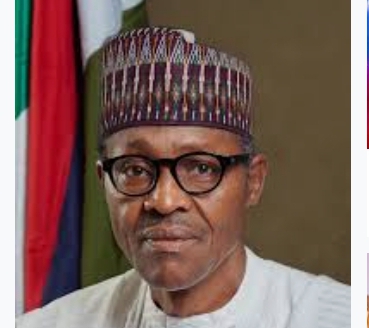The Chairman of Shell Companies in Nigeria, Osagie Okunbor, on Tuesday, revealed that the international oil company discovered and removed 460 illegal connections on its Trans Niger Pipeline before the facility could be restored after it was shut down for one year.
Shell Petroleum Development Company of Nigeria operates the TNP. It uses the pipeline to evacuate crude from oil fields in Rivers and parts of Bayelsa to the Bonny Crude Oil Export Terminal, as other IOCs lamented the grave impact of oil theft on their operations.
Okunbor revealed that the TNP remained shut for one year due to the massive crude oil theft on the pipeline, a development that also devastated the supply of gas to the Nigeria Liquefied Natural Gas Limited during the period.
This came as the Vice President, Prof. Yemi Osinbajo, announced the Federal Government’s plan to generate 5,300 megawatts of electricity from solar, as well as producing six billion litres of biofuel annually.
Osinbajo, Okunbor and several other executives of international and indigenous oil and gas companies, spoke in Abuja during various sessions at the ongoing 6th Nigeria International Energy Summit.
Responding to a question on what the incoming administration should address in the oil sector, Okunbor stated that the security of oil infrastructure should be given priority.
He said Nigeria was not short of frameworks and written documents on how to tackle the myriad challenges in the oil sector, stressing that the document on the Decade of Gas, for instance, had measures that would deepen the use of gas, but its implementation remained an issue.
“What keeps me awake today as regards my onshore business in Shell is the fact that we cannot operate a pipeline, and that’s what is responsible for the 60 per cent capacity. I think today that’s almost just how much gas we can supply.
“And this is because one of our key gas infrastructures – the TNP, was shut down for one year; we removed 460 illegal connections on that line. We just reopened that line. Today we are struggling to catch up with our first programme,” Okunbor stated.
The SPDC chairman said this loss on was often viewed on how it was affecting Nigeria’s oil production quota to the Organisation of Petroleum Exporting Countries, but stressed that the situation was also having devastating implications on the supply of gas to the NLNG.
“So if you ask me what the number one issue has to be for the incoming administration, it has to be the security of oil and gas infrastructure. If you don’t fix it, then we have a huge problem on our hands,” Okunbor stated.
On the lack of will-power to execute recommendations in the sector, he said, “We know exactly what is needed, but it is that power of execution, just that courage to get things done without obstructing facts, that’s really what is the ban of our challenges.”
He added, “So essentially, this is the way I would think we should all be approaching the incoming administration as relating to our industry. I think the issues are quite known, we just need to find the willpower to execute.”
The Managing Director of Nigeria LNG Limited, Dr Philip Mshelbila, also pointed out that 40 per cent of globally renowned gas firms’ capacity had been lying fallow due to theft.
He also stated that the lack of power to execute the recommendations and policies in various documents and laws of the oil sector had remained a challenge to the industry.
Earlier in his address at the summit, Osinbajo told delegates that the Federal Government was working towards boosting the country’s power generation and supply with solar energy.
He said Nigeria and other African countries were among the lowest emitters of carbon, but had some of the largest natural resources, stressing that the continent could do much more in developing its own agenda for a green future.
The Vice President pointed out that the developed nations were the highest emitters of greenhouse gases, adding that “if you are going to do anything, in terms of the green energy future, you should start from the low emission base.”
He added, “And that low emission base is here in Africa. We have the natural resources to do so. Therefore we should focus on our strengths today. And I think we have started that.
“Our energy transition plan calls for the ramping up of solar cells and we will be doing about 5.3 gigawatts (5,300MW) per year until 2060. That’s the plan and we think this plan is achievable.
“There’s also the production of over six billion litres of biofuels annually, and the transition of at least two million Nigerian households annually to cleaner cooking fuels, such as LPG and electricity every single year. These ambitions are achievable.”











